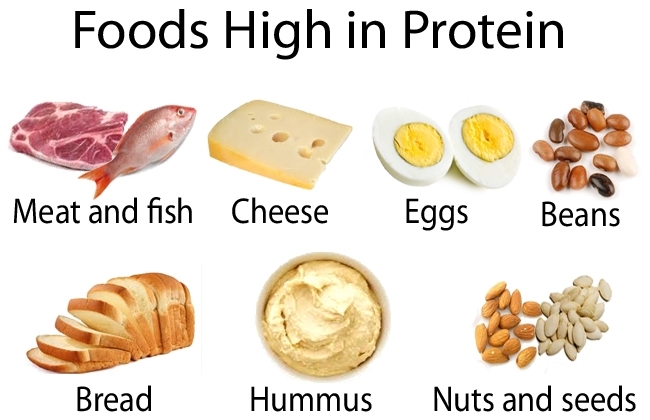Anyone who has ever tried to change their body composition has heard about protein and know they need to eat more of it to help them, but usually have no idea as to why they’re eating it, how much they need to eat or how often they need to consume it!

Why Is Protein Important
Let’s start out by explain, in simple terms, the importance of protein in our body. It’s an essential component of your daily diet:
- Helps your body repair muscle
- Helps your body grow tissue
- Regulates hormones
- Controls metabolism
- Defends against illness
- Makes up your ligaments, tendons, muscles, hair nails, skin, teeth, tissue, organs and bones
Protein provides the essential support that your body needs to gain muscle and lose fat. Highly active people have increased muscle breakdown and need more protein to rebuild their bodies and prevent injury.
Children and adolescents need more protein because their bodies are constantly growing. Menopausal women with imbalanced hormones, dieters, patients recovering from illness all need more protein.
Science Behind Proteins
Proteins consist of amino acids. These are the building blocks of the human body. The body can manufacture 14 of the 22 amino acids it needs. The other 8 cannot be made by the body and MUST be obtained from your diet. We call these essential amino acids.
Without enough protein, the body will either let cells die or break down other muscles and tissues to get the protein it needs for repair and other functions. The body can actually “eat itself” to get what it needs to survive.
Not getting enough protein in your diet can effect the following functions:
- Bone cell synthesis
- Red blood cell production
- Immune function / antibodies
- Skin elasticity / muscle tone
- Organ function
- Mobility / joint integration
Protein is the building block of muscle. It helps to build and maintain muscle. During training the muscle causes a reaction in your body to repair and reinforce the damaged fibres. This is when muscle building occurs.
Building muscle increases your metabolism, permanently, which in turn allows you to burn more fat throughout the day.
Cardio work will help you burn extra calories, and burn fat over a period of time, however, it will not increase your metabolism.
Protein and Weight Loss
If you have a high metabolism, you will burn more calories quicker. Protein also helps to suppress your appetite, so you will eat less calories overall each day.
High Protein Foods
We have access to some wonderful sources of protein such as:
- Chicken & turkey
- Salmon, tuna, white fish
- Beef, pork, kangaroo
- Eggs
- Cottage cheese
- Whey protein powder
- Lentils & quinoa
How Much Do You Need?
As a guide, 20-40% of your calories should be in the form of protein. That range is so big because it depends on your individual circumstance such as sex, age, height, weight, activity level, fitness goals, medical history, etc. To know exactly how much you need to consume with each meal, I’d suggest opting in for one of our FREE Consultations and discussing our individually tailored meal plans. Simply opt in at our StudiozPT.com.au website, you won’t regret your first step.
In the meantime, ensure you choose nutritious protein, keep the saturated fat content low and eat plenty of colourful and crunchy plant based food. Enjoy!!
